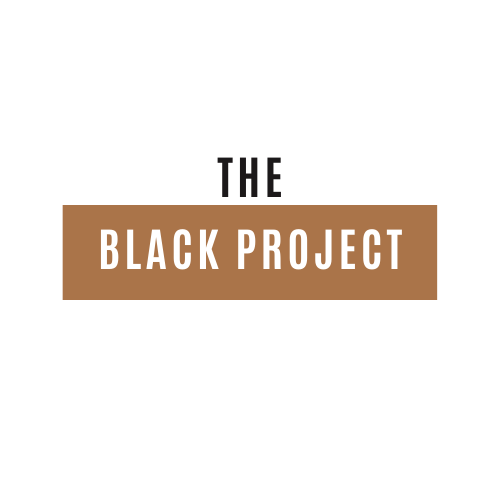Meet The Real Mo Farah.
Mo Farah has been a household name in the UK since his remarkable jump from 17th place in the 5000m at the 2008 Beijing Olympics, to winning double gold at London 2012 in the 5000 and 10,000m.
His achievements in sport saw him knighted in 2017 for services to athletics. Arise Sir Mo Farah.
His accomplishments were made all the more astonishing when we learnt his story, the story of a refugee who came to the UK at the age of 9 from Somalia with his mum and brothers, to be reunited with his father. A life that began in such a tumultuous way, developed into something astonishing.
But the reality, as we learn in a BBC One documentary airing on Wednesday, is that that isn’t his story, and that isn’t his name. Mohamed Farah is the name given to him by the people who trafficked him to this country from Djibouti.
Meet Hussein Abdi Kahin. A young boy who’s father had been killed in 1987 by stray gunfire when he was just 4 years old, during civil unrest in Somalia. In 1991, Somaliland declared independence - though it still hasn’t been internationally recognised. Following his father’s death, Hussein and his twin brother were sent to live with an uncle in Djibouti, where his mother thought they would be safer.
Whilst in Djibouti, Hussein was visited multiple times by a woman who would observe him, who he was later told would be taking him to live with relatives in Europe. At the age of 8 or 9, Hussein boarded a plane, but it was Mohamed Farah who landed in London and headed for Hounslow.
Of course, there were no relatives in London waiting for him. Mo says in the documentary that he had contact details for relatives on a piece of paper, but:
The lady took it off me and right in front of me ripped it up and put it in the bin, and at that moment I knew I was in trouble.
And trouble doesn’t quite come close. Far from a better life, what happened was closer to a scene from a history book, recounting the realities of colonial Britain. He was treated as a servant, he was made to care for this families children - despite being a child himself - made to cook, to clean, to wash and bathe the children. Mo recalls:
If I wanted food in my mouth, my job was to look after those kids, shower them, cook for them, clean for them, and she said, ‘If you ever want to see your family again, don’t say anything or they will take you away.’
“Often I would just lock myself in the bathroom and cry.”
But there was a shining light - a moment please, for the wonderful teachers in our lives - because Mo had a good connection with his PE teacher at Feltham Community College, Alan Watkinson. He found the courage to confide the truth in him. His real name, how he got here, how he was treated, everything. The school advocated for him, informed social services and thankfully Mo was placed with Kinsi Farah, who was the mother of a school friend. He lived with her for 7 years, and says he was happy there.
We of course know what happened from there - a promising young athlete went on to become one of the greatest sports people Great Britain has ever seen.
Lawyers that Mo and his wife contact in the documentary expressed concern that he could be stripped of his nationality because the citizenship was obtained by fraud, however they say the risk is lessened as he was trafficked.
And the Home Office agrees. Guidance from them assumes that a child is not complicit in gaining citizenship by deception. A spokesman said: “No action whatsoever will be taken against Sir Mo.”
Thankfully, Mo was reunited with his mother Aisha in 2000, and despite trying to block out this traumatic part of his early life, Mo did name his son Hussein, as a nod to the boy he left in Djibouti.
You can watch The Real Mo Farah on BBC One on Wednesday July 13th at 9pm. It will be available on iPlayer after.


